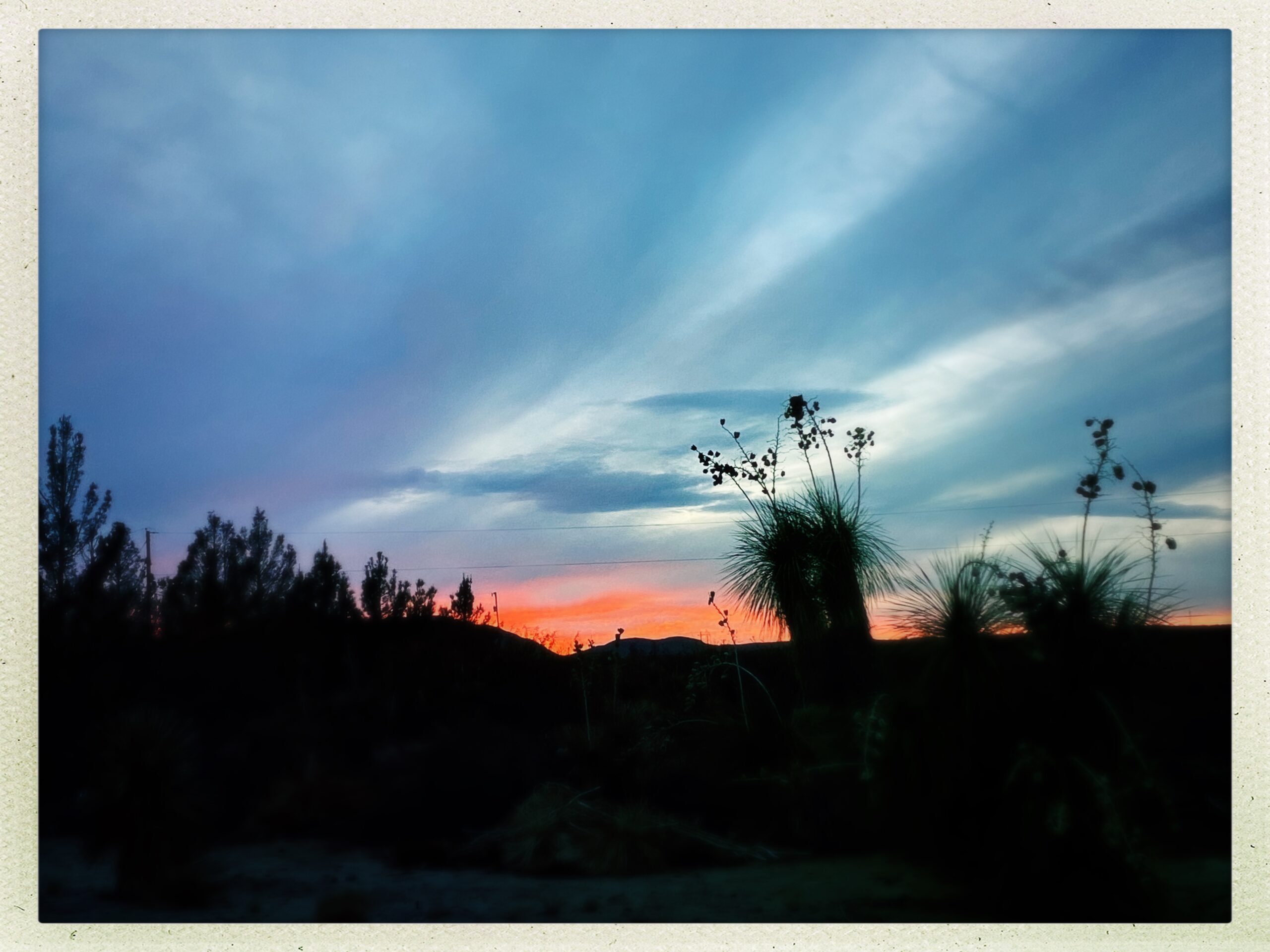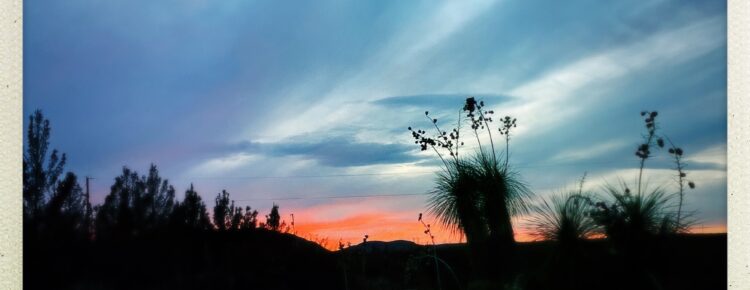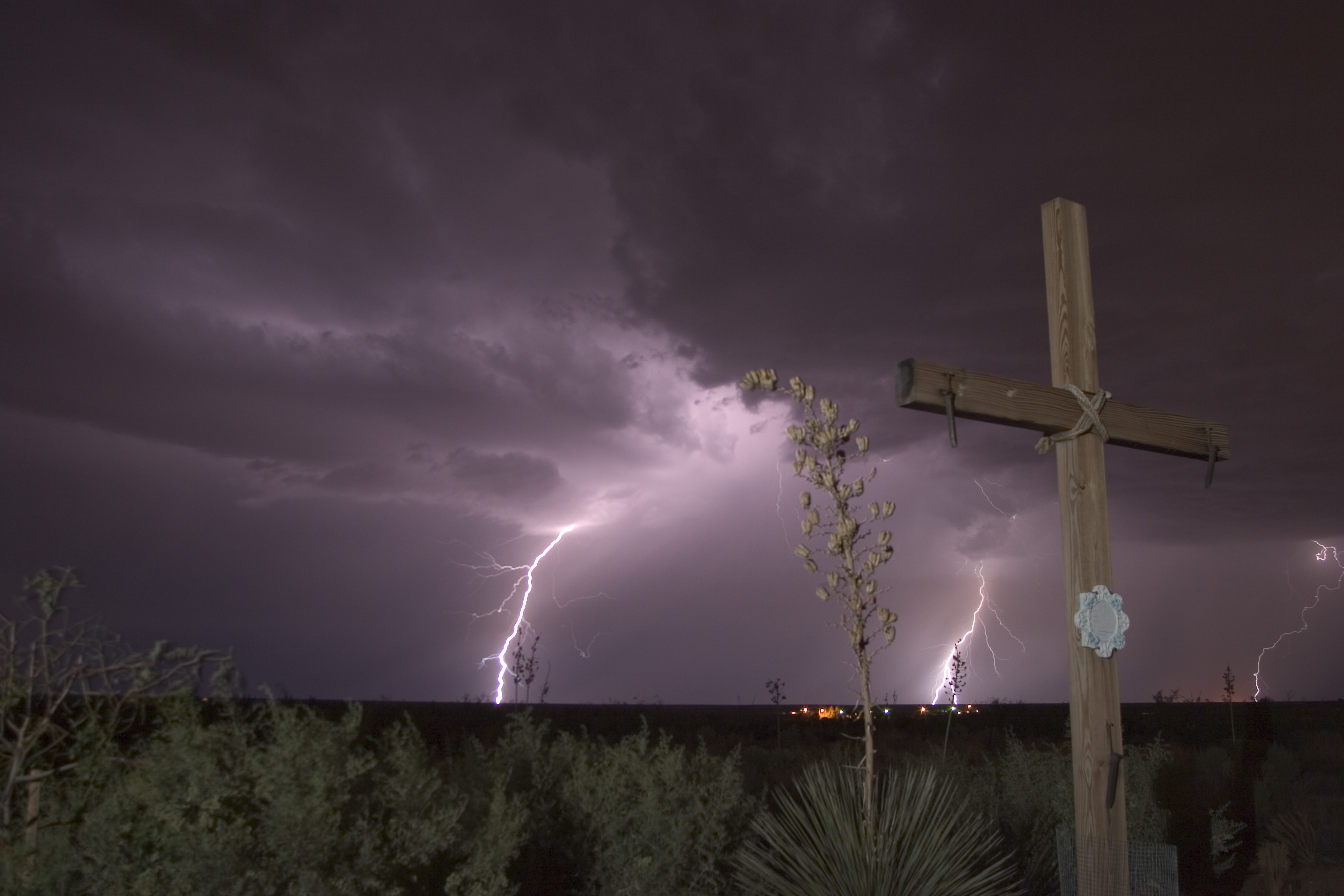Gospel Reading:
Luke 1:26–38
26ln the sixth month the angel Gabriel was sent by God to a town in Galilee called Nazareth, 27to a virgin engaged to a man whose name was Joseph, of the house of David. The virgin’s name was Mary. 28And he came to her and said, “Greetings, favored one! The Lord is with you.” 29But she was much perplexed by his words and pondered what sort of greeting this might be. 30The angel said to her, “Do not be afraid, Mary, for you have found favor with God. 31And now, you will conceive in your womb and bear a son, and you will name him Jesus. 32He will be great, and will be called the Son of the Most High, and the Lord God will give to him the throne of his ancestor David. 33He will reign over the house of Jacob forever, and of his kingdom there will be no end.” 34Mary said to the angel, “How can this be, since I am a virgin?” 35The angel said to her, “The Holy Spirit will come upon you, and the power of the Most High will overshadow you; therefore the child to be born will be holy; he will be called Son of God. 36And now, your relative Elizabeth in her old age has also conceived a son; and this is the sixth month for her who was said to be barren. 37For nothing will be impossible with God.” 38Then Mary said, “Here am l, the servant of the Lord; let it be with me according to your word.” Then the angel departed from her.
Reflection: Here Am I by David Morrison
Biblical commentaries often compare Zachariah’s encounter with Gabriel (Luke 1:5-22) with Mary’s. The comparison is usually framed as Zachariah’s doubt vs. Mary’s faith. Zachariah asked Gabriel, “How shall I know this? (if this is true)?” while Mary asked, “How is this to be done?” The different responses are subtle. I would like to stretch the possibility of the “faith vs. doubt” narrative to one of two different, but valid approaches to spirituality. In my experience, much of our lives are pushed forward by our own willfulness. This is how we set goals, make plans, and build the identity of our lives. Most of the time, this exertion of our wills works well in the pragmatic things of life. However, the “Zachariah-how-can-I-know-this” approach fails us with the deeper things of the heart: relationships, making peace with our lives, and truly showing up in them. In following Christ into the depths of the heart of all life, willfulness often cannot take the journey. It’s here that a “new heart” or approach needs to occur—like Mary’s willingness. There is a subtle, but major difference between willfulness and willingness. The angel struck Zachariah with silence for a time. This is usually seen as a punishment, but from a contemplative point of view, it is that aspect of us that needs to go into the silence of God in order to foster a willingness in our hearts. Willfulness makes demands upon reality. Willingness accepts reality and makes the needed changes. Willfulness is stone. Willingness is water. Gerald May, in his book, Will and Spirit writes: “The paradox of spiritual surrender is that in giving oneself fully, one finds not passivity but intimate involvement, not restrictiveness but endless freedom, not blameless quietude but the deepest possible sense of responsibility.”
Popular Christianity tends to foster willful minds through group-identity, dogma, scriptural interpretations, and culture wars at the expense of developing “willing” hearts (Psalm 51). The entire Advent/Christmas story seems to focus on this willingness—especially Mary’s response to the angel: “Let it be done as you’ve said.” It’s repeated in Joseph’s response to the dream to take Mary in and protect the child, and most of all, it foreshadows Jesus’s prayer the night before his crucifixion: “Not my will, but yours be done.” A “yes” in our spirits pushes us further into the depths of God’s heart much further than any external device can. A final elaboration from Richard Rohr: “Mary’s ‘yes” was said in the darkness of faith. She was not certain, nor assured by any Scripture quote, doctrine, or pope. She just heard what she heard and did what God asked her to do, accepting the consequences. She had enough inner authority to not need a lot of outer authority.”
Prayer
Key of David:
Open ancient doors within us that have been longed locked
Grant us the willingness of courage
To live in justice
To practice mercy
To embody humility

Winter Sunset by David Morrison




